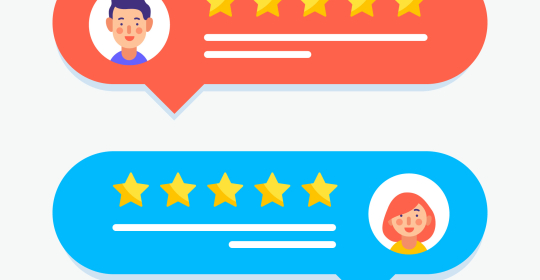Since the very first computer program, humans have been consumed with the concept of artificial intelligence - the idea that one day machines can think, react and interact with us in a distinctly lifelike manner. The truth is, we’re closer than we think.
Charting the evolution of artificial intelligence, AI vs Humanity allows you to see how fast technology has progressed - and when the world’s foremost scientists think your job will be replaced!
The timeline gives a sense of the huge potential of AI and is released shortly after Google unveiled Google Duplex - an Android focused tool using the Google Assistant voice that can make calls on your behalf - from booking a restaurant table to hair appointment! Duplex has already gained notoriety largely for utilising speech disfluency - an interruption of speech such as “uh-huhs” that mimics real life dialogue.
Following Google’s AI Conference it is clear that AI is set to increase its world dominance even further, but can we have too much of a good thing? Moreover, what will be the impact of AI on labour-based jobs.
Working in finance? By 2022, telephone bankers could find themselves out of a job to make way for robotic replacements. Truck drivers, meanwhile, will need to brush up their CV’s by 2027 when truck driving will become fully automated. Most importantly, would you trust a robot to remove your appendix? By 2054 we could see robots operating on humans.
Among the sectors covered are:
- Manual Labour
- Research
- Medical Science
- Banking
- Writing
- Retail Sales
- Transport
- Music
- Poker
- Lego Assembly
Not only that, but the visually-interactive piece traces an educationally-detailed history of machine intelligence, right from the birth of AI to the present day. Want to know exactly when and how the breakthroughs in artificial learning and interaction came to be? It’s all here.
Topics covered include:
- The world’s first “robotic person”
- Deep Blue’s chess triumph
- Google’s speech recognition
- Self-driving cars
- Heart disease measurements
With the research into artificial intelligence increasing day by day, there has never been a better time to get to grips with the future of AI - its past, present and fast-approaching future.






